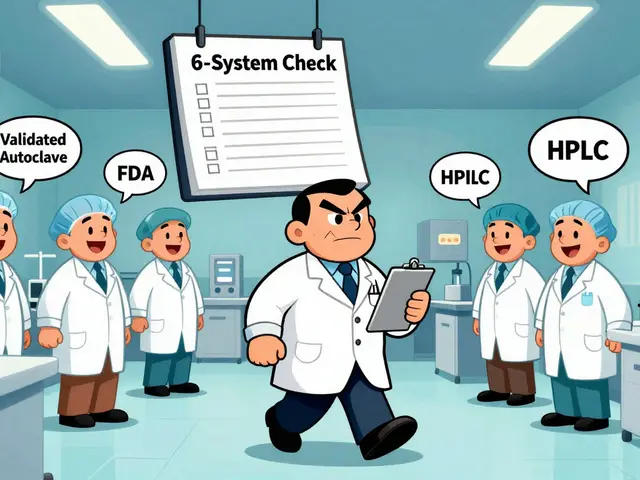Bupropion: How It Works, When to Use It, and What to Watch For
Bupropion (brand names include Wellbutrin and Zyban) is an antidepressant that also helps people quit smoking. It works differently from SSRIs, so it often causes less sexual side effects and can feel energizing for some people. This page gives clear, practical info on what bupropion does, common uses, dosing patterns, side effects to expect, and simple safety tips to discuss with your doctor.
How bupropion works and when people use it
Bupropion mainly raises levels of dopamine and norepinephrine in the brain, which helps lift mood and reduce cravings. Doctors prescribe it for major depressive disorder and seasonal affective disorder, and it’s approved for smoking cessation as Zyban. It comes in immediate-release (IR), sustained-release (SR), and extended-release (XL) forms. Compared with many SSRIs, bupropion is less likely to cause sexual dysfunction and may be weight-neutral or cause mild weight loss for some people.
Simple dosing examples and safety pointers
Typical dosing for depression starts at 150 mg once daily for three days, then 150 mg twice daily for SR formulations. XL versions are usually 150–300 mg once daily. The usual maximum is 450 mg per day; higher doses raise seizure risk. For smoking cessation, common advice is 150 mg once daily for three days, then 150 mg twice daily. Don’t crush or chew XL tablets — swallow them whole.
Key safety notes: bupropion increases seizure risk in people with a history of seizures, eating disorders (like bulimia), head injury, or heavy alcohol or sedative withdrawal. Tell your doctor if any of those apply. Wait at least 14 days between stopping an MAOI and starting bupropion. It can also raise blood pressure in some people, so check your BP if you have hypertension.
Common side effects include dry mouth, insomnia, headache, sweating, nausea, and jitteriness. If you notice new agitation, panic attacks, worsening mood, or suicidal thoughts (especially in people under 25), contact your prescriber right away. Also tell your clinician about other meds you take — bupropion is processed by liver enzymes (CYP2B6), so some drugs can change its level.
Practical tips: take bupropion earlier in the day to reduce insomnia, split doses as prescribed for SR, and never crush XL tablets. If you’re switching from another antidepressant, follow your doctor’s plan — stopping or starting too quickly can cause problems. For smoking quit attempts, combine bupropion with behavioral support to improve success rates.
If you want more reading, check our article "Exploring 5 Top Alternatives to Wellbutrin SR" for options and comparisons. Always talk with your doctor or pharmacist about risks, interactions, and whether bupropion fits your situation before starting or changing treatment.






